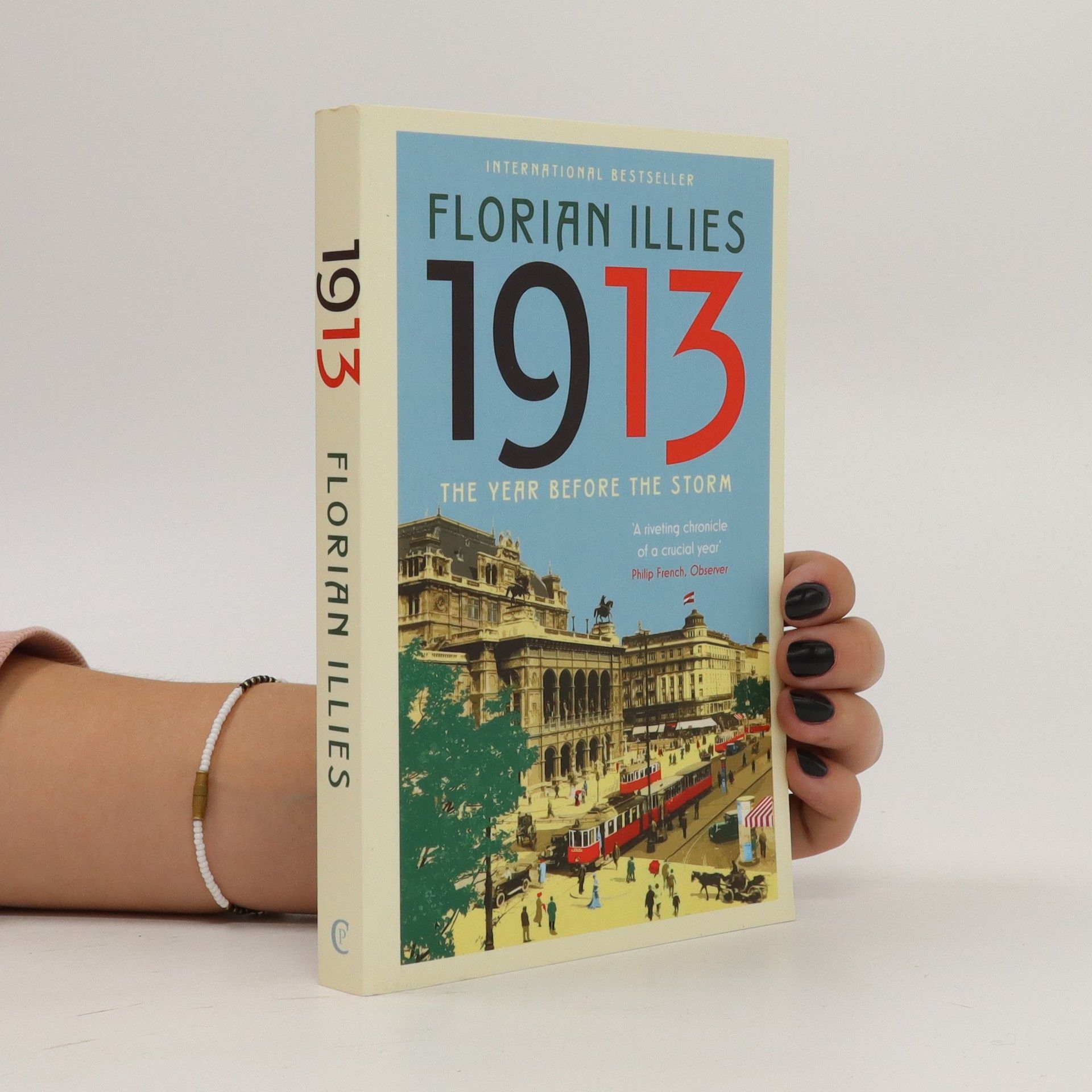A witty yet moving narrative worked up from sketched biographical fragments, 1913 is an intimate vision of a world that is about to change forever.The stuffy conventions of the nineteenth century are receding into the past, and 1913 heralds a new age of unlimited possibility. Kafka falls in love; Louis Armstrong learns to play the trumpet; a young seamstress called Coco Chanel opens her first boutique; Charlie Chaplin signs his first movie contract; and new drugs like cocaine usher in an age of decadence.Yet everywhere there is the premonition of ruin - the number 13 is omnipresent, and in London, Paris and Vienna, artists take the omen and act as if there were no tomorrow. In a Munich hotel lobby, Rilke and Freud discuss beauty and transience; Proust sets out in search of lost time; and while Stravinsky celebrates the Rite of Spring with industrial cacophony, an Austrian postcard painter by the name of Adolf Hitler sells his conventional cityscapes.
1913 Series
This series delves into a pivotal year that heralded the dawn of our modern era. It explores a tumultuous blend of artistic innovation, societal shifts, and cultural efflorescence against the backdrop of a world on the brink. Each installment brings the past to life through vivid anecdotes and masterful character portrayals, capturing the zeitgeist and foreshadowing the storms to come.


Recommended Reading Order
- 1
- 2
»Ich habe das neue ›1913‹ in einer einzigen Nacht durchgelesen. Es ist phantastisch, so reich, ein großes Geschenk.« Ferdinand von Schirach Sie hätten sich gewünscht, dass das Buch »1913« von Florian Illies noch lange nicht zu Ende ist? Dem Autor ging es genauso. Seit Jahren hat er nach neuen aufregenden Geschichten aus diesem unglaublichen Jahr gesucht – und sie gefunden. So gibt es jetzt 271 neue Seiten mit vielen hundert weiteren aberwitzigen, berührenden, umwerfenden und bahnbrechenden Episoden aus diesem Jahr außer Rand und Band. Die genau da weitermachen, wo »1913. Der Sommer des Jahrhunderts« aufgehört hat. Freuen Sie sich auf neue Geschichten voll Liebe und Witz, die so unglaublich sind, dass sie nur wahr sein können. Der Nachfolgeband des internationalen Beststellers und »erzählerischen Juwels« (The Guardian) »1913. Der Sommer des Jahrhunderts«, der in 26 Sprachen übersetzt wurde. Mit dem Register für beide Bände! »Dieses Jahr 1913 lässt mich einfach nicht los. Und je tiefer ich hineingetaucht bin, um so schönere Schätze fand ich auf dem Meeresgrund.« Florian Illies